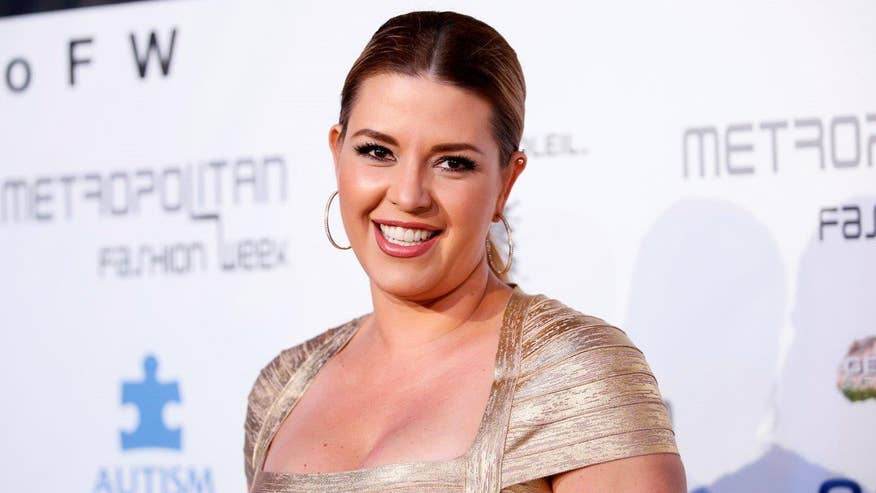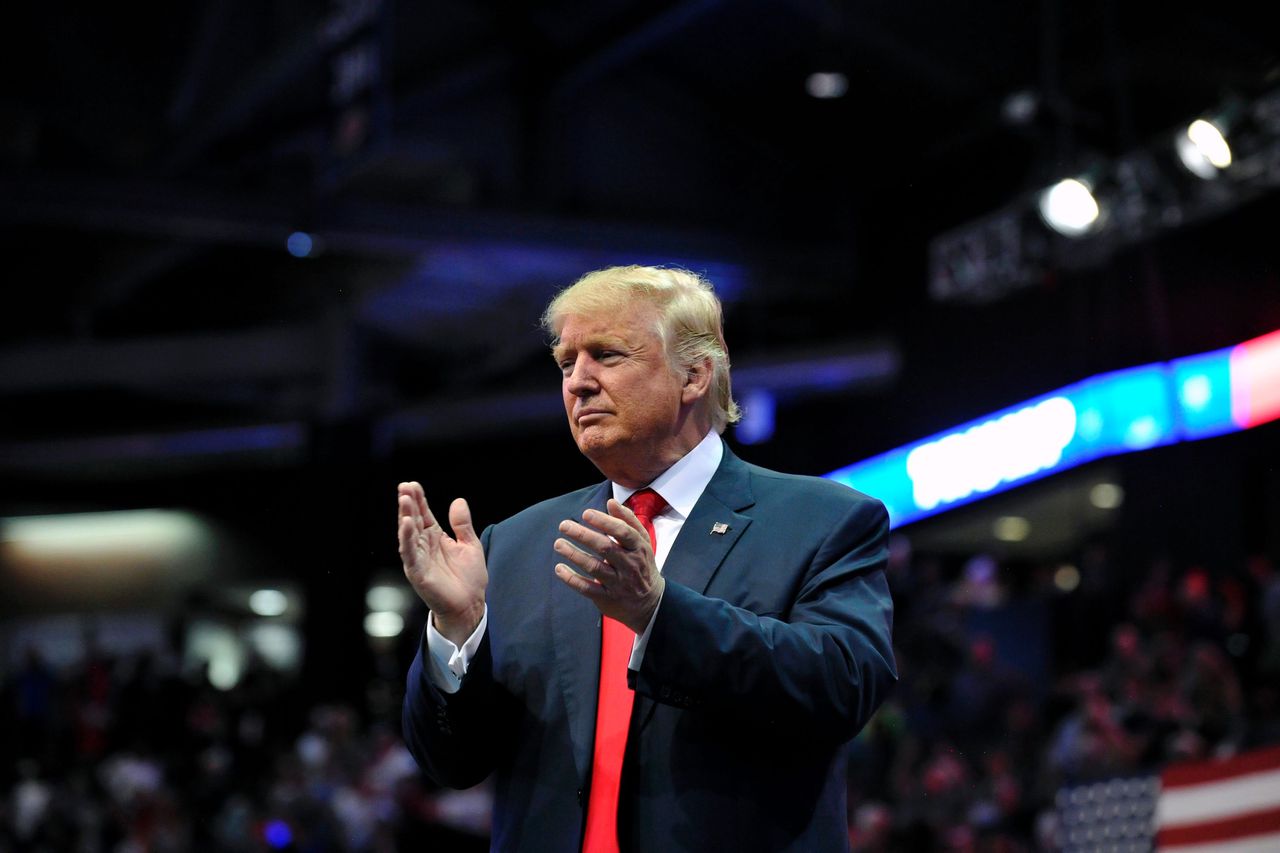
Clinton Was Better and Therefore She Will Lose
(Poland) on 27 September 2016
by Sławomir Sierakowski (link to original)
And if it did not happen, it means that the candidate is either inept or corrupt. Or those rights are good for nothing and you need to go in the opposite direction. Donald Trump is the ideal opposite of truth and order. In general, it's hard to imagine candidates so distinctly different from each other: Male/female, ignorant/know-it-all, a boor/a lady, draft dodger/diplomat, etc. Their only thing they might have in common is their hair color.
Such was also the case with the debate. Clinton almost exclusively used facts, while Trump spoke only in generalities. Clinton presented herself as one of the best-prepared candidates for president in the history of the United States. And Trump, as the least prepared candidate in history.
And it was supposed to be exactly like that. It was no accident that Trump said he was not planning to prepare at all. Clinton, with with the quantity of all her knowledge and experience, sounded like the school's best student who could defeat anyone in a school career test but who nobody would choose for class leader. The school troublemaker, however, is supported by many. And each scandal that is triggered brings him more sympathizers and unites his followers.
Trump spoke using readable images. Clinton used long texts. Trump's answers stick in one's head. Clinton's are impossible to remember. Trump used his right hand, in which he held an invisible baton to control the audience and keep their attention. Clinton spoke like a robot. When the Republican candidate decided to make a longer statement, it consisted of short, readable (and painfully trivial) sayings. Like the constantly repeated phrase ''law and order,'' or the number of “4,000 killed” in Chicago during Obama's term in office. By the way, he managed to add: ''And this is the biggest threat for the Afro-American and Latino minorities.''* Even that spoke more to the imagination than the Democratic candidate’s stories about work at the grassroots among black communities.
The Republican candidate lost his balance when moderator Lester Holt began asking him about his tax returns; as Trump is the first candidate for the U.S. presidency in history not to disclose his returns.** It got even worse when Clinton started counting the possible reasons for Trump to hide his tax returns from the public: Either he does not pay even a cent of tax, or he isn't as rich as he says, or he isn't as charitable as he says, or all those reasons at once, she noted. It means that he did not pay one cent in taxes for schools, the army, or other public sector needs.
The moderator delivered a second hard blow when he asked Trump why he did not recognize that Obama was born in the United States for so many years. And the third hard blow, again inflicted by the moderator, came when Trump was asked why he agreed with Clinton, who reminded Trump that in the beginning he supported the war in Iraq, which he is now systematically condemning.
But such blows are not dangerous for the Republican candidate. If what he did earlier in his campaign had been taken into consideration, he would have been destroyed a long time ago. Meanwhile the polls before the debate showed a draw. However, the probability that people are not revealing that they will vote for Trump is incomparably higher than people who won’t confess they are voting for Hillary.
Importantly for us, it's worth mentioning that Clinton strongly asserted solidarity with allies (she mentioned South Korea and Japan), providing assurance that the U.S. will honor its mutual defense treaties.
Whereas in the first part of the debate, Trump was cool as a cucumber, got the jump on Clinton and was funnier, in the second part of the debate he crumbled. Apart from Clinton’s self-control, he could have been weakened by the fact that the moderator evidently favored Clinton and did not treat the candidates equally at all. Nervous, Trump spoke too long. He annoyingly repeated himself and interrupted. According to people keeping track, he did it three times as often as his opponent.
Clinton, who addressed Trump by his name, did it to present him as the representative of the elites that he criticizes daily. But it looked as if she spoke down to him, which is exactly how most Americans perceive her. Trump, when speaking to the Democratic candidate, addressed her by office (secretary of state, served during Obama's first term in office), which helped him to burden her with the responsibility for either imaginary or real mistakes of the Obama administration.
So, unconsciously she helped Trump deploy his most powerful weapon. Everything she said about what needs to be done with the Islamic State, Russia, the economy, etc., that is, everything she was right about and her great advantage over Trump, could be diverted and with the same force turned against Clinton thanks to one simple question: So why didn’t Clinton act when she was in power for so many years!? And Trump did it. If Clinton is so clever, he charged, either she did not know how to act or because she lacked energy (Trump is full of it), or she is hiding something from the voters. Maybe she is hiding what was on those 30,000 emails she illegally deleted (Clinton kept them on her private email server, and afterward deleted the ones that belonged to the diplomatic correspondence of the secretary of state)?
According to a CNN survey, Clinton defeated Trump with a clear advantage. According to surveys carried out for Time and CNBC, Trump won with a small advantage. The New York Times, Los Angeles Times, The Washington Post and the prestigious site Politico wrote that Clinton smashed Trump. But those newspapers’ editorial offices are exactly the center of a world that the people in the middle of the U.S. cannot stand.
Those same newspapers, similar to Polish newspapers, have often inveighed against that half of the nation that does not go to vote, either in the U.S., or in Poland. I guarantee you that you wouldn't want to live in a country where that 50 percent goes to vote. It's exactly those people who have been mobilized by Trump.
*Editor’s note: The original quotation, accurately translated, could not be verified.
**Editor’s note: Since 1976, all U.S. presidential nominees from major parties have released their tax returns, except for Gerald Ford, who released a summary of his.


